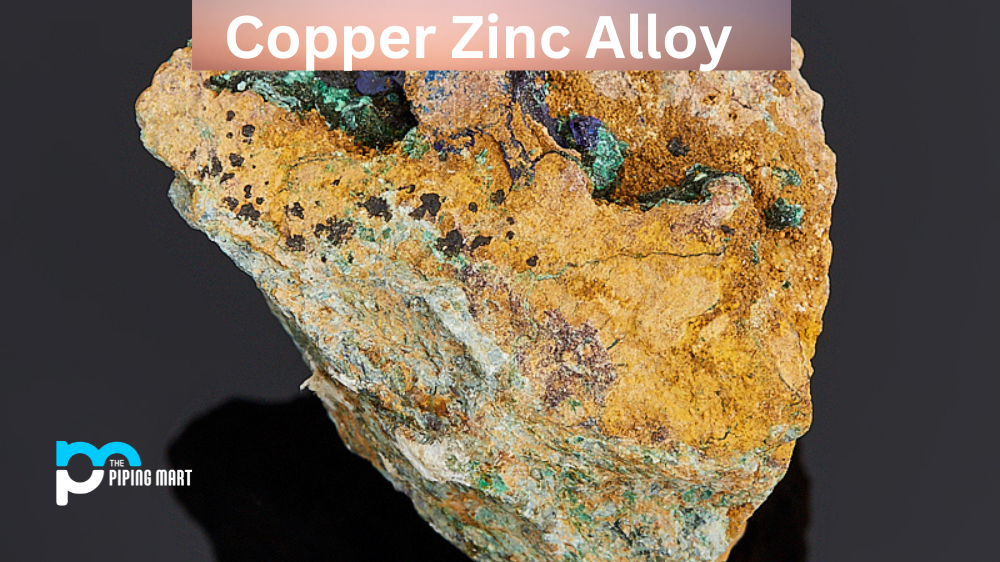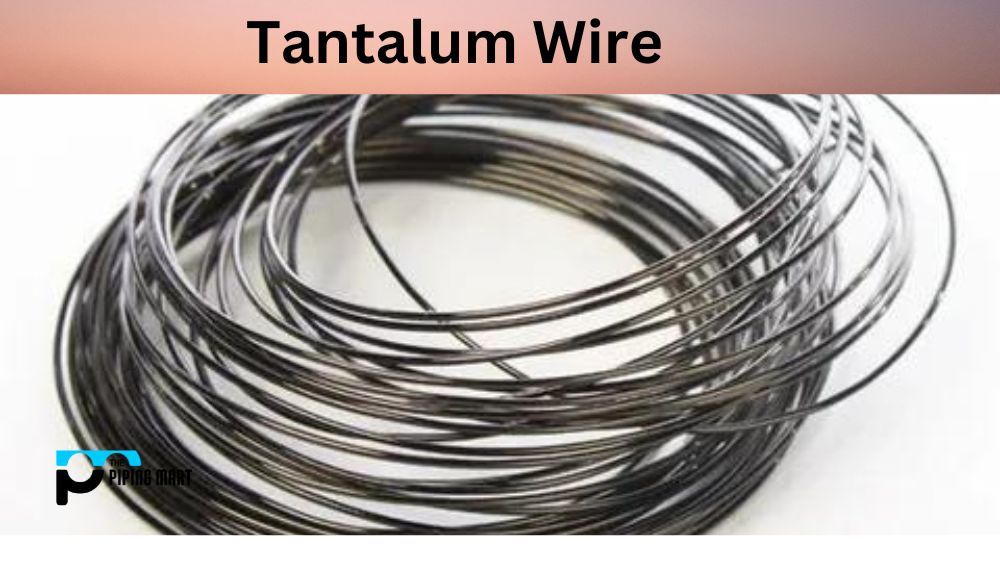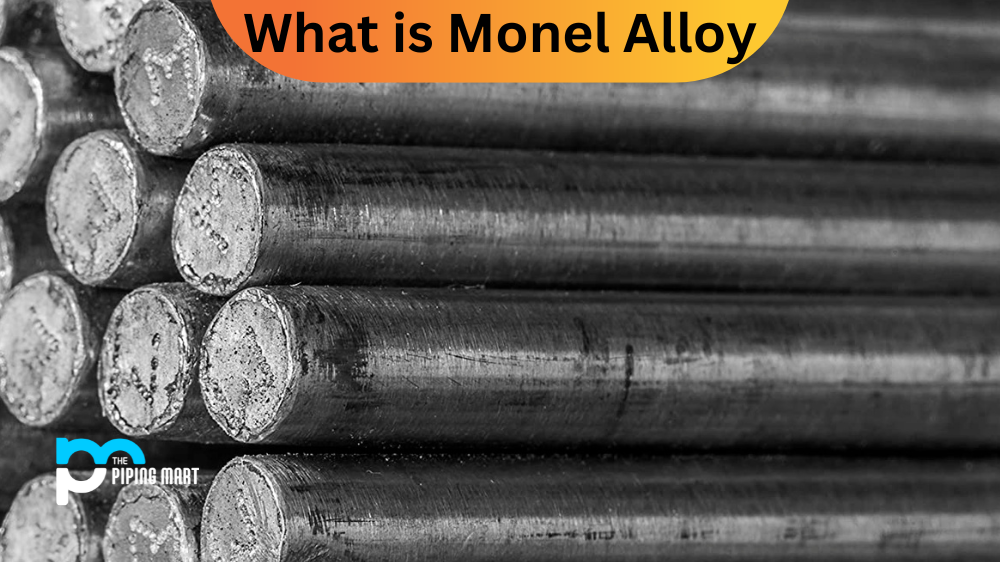Copper zinc alloys, also known as brass alloys, are some of the most versatile and widely used materials in the world. They have a number of advantages that make them ideal for a variety of applications, but they also have some drawbacks as well. In this blog post, we’ll explore the pros and cons of copper-zinc alloys so you can decide if they are right for your needs.
5 Advantages of Copper Zinc Alloys
The primary advantage of copper-zinc alloys is their durability. Brass is a very strong material that can withstand a lot of wear and tear without showing signs of fatigue or corrosion. It is also highly resistant to corrosion from water and other elements, making it an ideal choice for outdoor fixtures like door handles or mailbox plates. Additionally, brass has excellent thermal conductivity, making it an ideal choice for heating applications such as radiators or heat exchangers.
Another advantage of copper-zinc alloys is their malleability. This means that they can be easily formed into different shapes with minimal work. This makes them an ideal choice for complex designs with intricate details that would otherwise be difficult to achieve with other metals. Additionally, these alloys are relatively low-cost compared to pure copper or zinc and can therefore provide cost savings when using them in large quantities or on large projects.
- Copper-zinc alloys have a wide range of properties that make them suitable for a variety of applications.
- Copper-zinc alloys are strong and ductile, making them ideal for use in structural applications.
- Copper-zinc alloys are resistant to corrosion and wear, making them ideal for use in high-stress environments.
- Copper-zinc alloys have a high electrical conductivity, making them ideal for use in electrical applications.
- Copper-zinc alloys can be heat treated to further improve their mechanical properties.
5 Disadvantages of Copper Zinc Alloys
One disadvantage of copper-zinc alloys is their tendency to tarnish over time if not properly maintained. The tarnish can be difficult to remove without specialized equipment and chemicals, so it’s important to take steps to prevent tarnishing in the first place by cleaning regularly and avoiding exposing the metal to harsh chemicals or abrasives that could damage it further. Additionally, these alloys are not suitable for use in certain high-temperature environments due to their melting point being lower than many other metals. Finally, brass can be susceptible to dezincification – a process where the zinc component slowly leaches out over time – which can weaken the alloy over time if not monitored carefully.
- Copper and zinc can be toxic in high doses.
- Copper and zinc can interfere with the absorption of other minerals.
- Copper and zinc can accumulate in the body and cause health problems.
- Copper and zinc supplements can be expensive.
- There is no guarantee that copper and zinc supplements are effective.
Conclusion
All in all, copper-zinc alloys offer a number of advantages that make them an attractive option for many uses, including components in plumbing systems, door hardware, decorative pieces, and more. However, it’s important to consider their potential drawbacks before committing to using them in any application since they may not always be the best choice, depending on your specific needs and requirements. Ultimately though, if you need durable metal components with intricate details at a reasonable cost, then copper-zinc alloys may be exactly what you’re looking for!

A passionate metal industry expert and blogger. With over 5 years of experience in the field, Palak brings a wealth of knowledge and insight to her writing. Whether discussing the latest trends in the metal industry or sharing tips, she is dedicated to helping others succeed in the metal industry.




